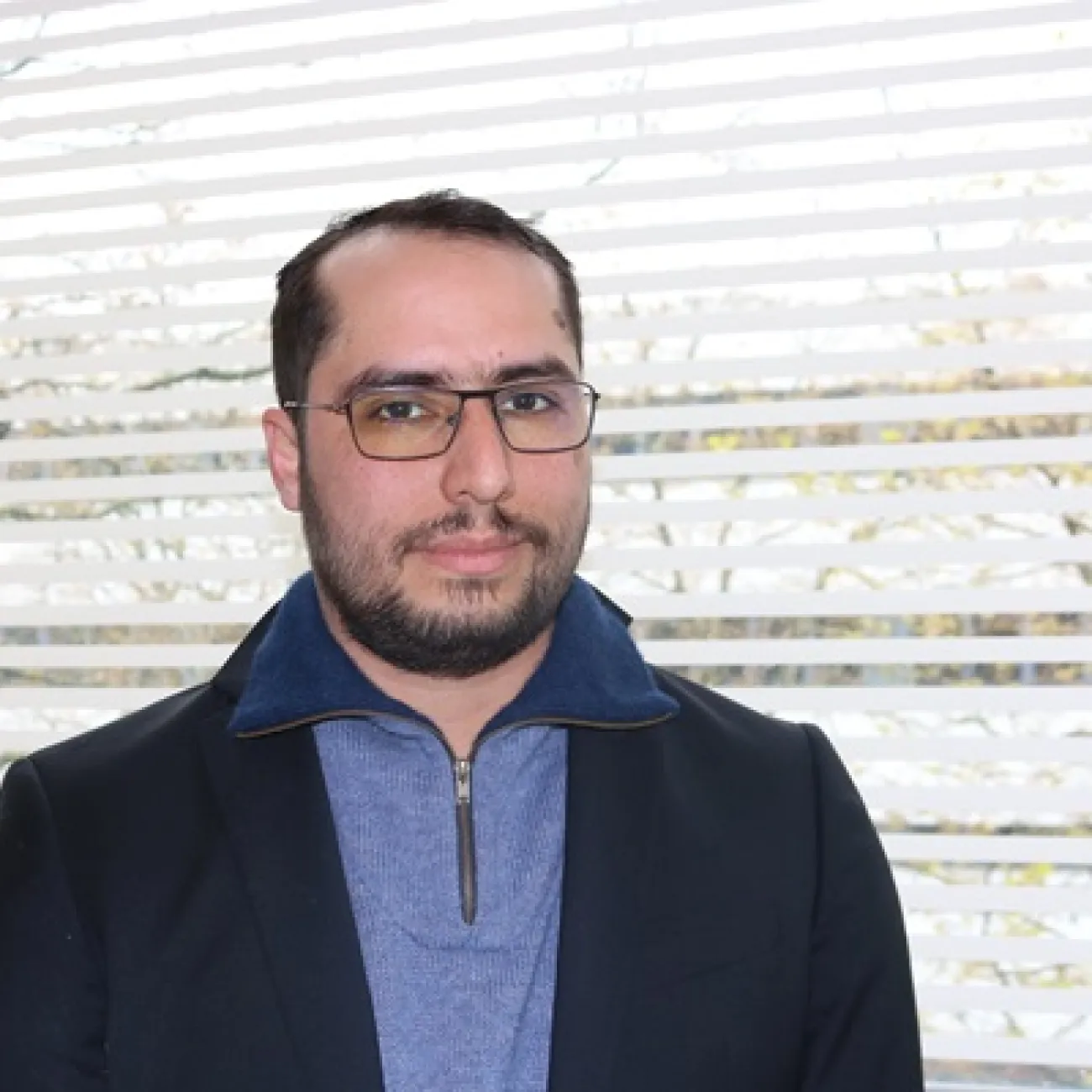About the Workshop
This workshop will address how Personal Knowledge Graphs (PKGs) can help to engender trust, autonomy and accountability in the context of Agentic Artificial Intelligence. The question of how AI agents could leverage personal data to provide higher levels of automation and personalization for users has not been well-explored to date. While foundational models can be trained on public corpora of text, the recent emergence of computer-using agents, personal agents, etc., raises questions about how a user's personal data can be used, and concerns about how they could be abused, in such a setting. Can AI agents be trusted with personal and potentially highly-sensitive user information? How can users maintain autonomy over their personal data in such a setting? How can AI agents and providers be held accountable when personal data are abused? In this session, we will address research questions regarding the use of PKGs to provide users with enhanced control and safety guarantees regarding how AI agents access and use their personal data.
Key Topics
- Trust
- Autonomy
- Sovereignty
- Accountability
- Ethics
- Diversity
- PKGs
- Agentic AI
Motivation & Objectives
Agents are coming. In November 2024, NVIDIA's CEO declared that 2025 would be the “year of AI Agents”. With OpenAI's Operator and Google's Jarvis, the personal AI agent market is projected to be worth around $56.3 billion by 2034 (source). The success of Knowledge Graphs (KGs) in major AI services indicates their critical role in this new agent space, especially for personal use.
However, concerns about personal data abuse and the infringement of individual rights are growing. Sir Tim Berners-Lee labeled the Web “anti-human” due to data over-centralization in an interview in 2018. Legislation like the EU AI Act aims to ensure AI respects fundamental human rights. Motivated by these issues and a prior Dagstuhl seminar, this ISWC Dagstuhl-style workshop aims to explore the challenges of using Personal Knowledge Graphs (PKGs) in AI agents. We wish to examine these aspects further through the following topics:
Trust
What are the key requirements for a PKG-based agentic AI to enhance human & institutional trust?
Autonomy
How can individuals retain meaningful autonomy when interacting with or delegating to PKG-Based Agentic AI systems?
Accountability
How can PKG-based agentic AI be made accountable for decisions they inform or make?
Ethical Diversity
How can such systems ensure the surfacing of diverse, ethically informed perspectives rather than reinforcing biased views?
Expected Outcomes
This workshop aims to produce concrete short-term outcomes, including a joint manifesto summarizing key insights, answers to core research questions, system requirements, and practical examples. Participants will also co-develop a set of design recommendations for building trustworthy, user-centered PKG-based personal agents.
In the longer term, we plan to publish position papers and foster new research collaborations. All workshop materials will be openly shared on this website to support transparency and community engagement.
Call for Position Papers
We invite participants to submit a short (1-page) position statement addressing one or more of the core research questions. These statements will help seed our discussions and organize thematic groups.
Your position paper should outline your perspective, research, or relevant experience related to trust, autonomy, accountability, or ethical diversity in PKG-based Agentic AI. We also welcome walk-in participants who wish to present their positions, time permitting.
Deadline: October 15, 2025
Extended Deadline:
October 31, 2025
Workshop Schedule
The workshop will be highly interactive, prioritizing informal discussions over traditional paper presentations, in the spirit of a Dagstuhl Seminar. We will use submitted position papers to form discussion groups focused on our core research questions. The day will conclude with drafting a shared outcomes document outlining open challenges and future collaborations.
Session 1 - November 2
Welcome and Overview
Workshop goals, format, and expected outcomes
John Domingue, Aidan Hogan, and Oshani Seneviratne
Opening Panel: Building Trust, Autonomy, and Accountability in PKG-based Agentic AI
Panelists: Sabrina Kirrane, Anna-Lisa Gentile, Marta Sabou
Moderator: John Domingue
Coffee Break
Session 2 - November 2
Contributed Talks (10 min each)
Fernando Spadea, Oshani Seneviratne
Mayank Kejriwal
Wout Slabbinck
Edward Curry, Ping Song, Nakul Mehta, Adegboyega Ojo
Jian Wu
Breakout Group Formation
– Identify key themes
– Assign discussion groups and facilitators
Lunch
Session 3 - November 2
Breakout Sessions
Coffee Break
Session 4 - November 2
Group Reports and Synthesis
(Each breakout group presents key insights, open research questions, and next-step proposals.)
Next Steps and Future Directions
Session 5 - November 6
Overview of the TAPAI workshop and Breakout 1 debrief
John Domingue
Panel Debrief and Break out 2 debrief
Oshani Seneviratne
Interactive Session
Aidan Hogan
Next Steps
Oshani Seneviratne



